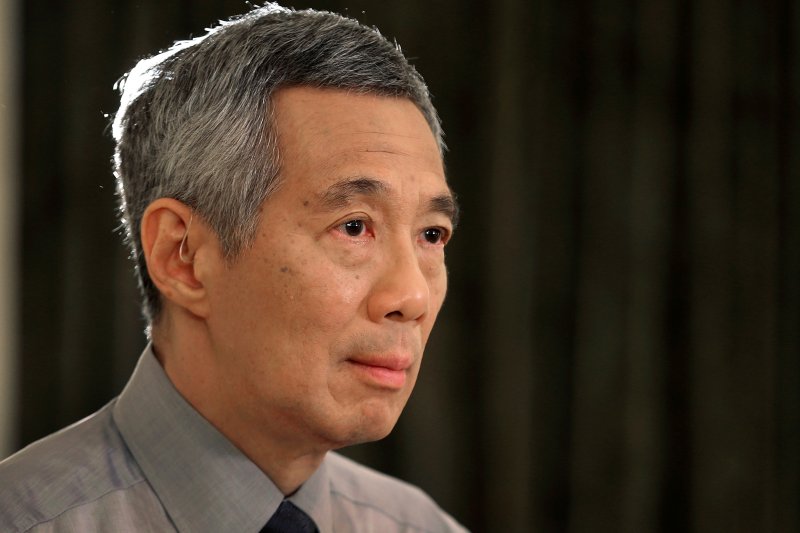Private Residence
Salt Lake City, Utah

THE PRESIDENT: Please, please sit down. Thank you. Well, first of all, you know, I had forgotten about that incident. It was the time when there was a lot of discussion going on in the administration: would we recognize same-sex marriage.
And I was rai- — I was a lucky man. I was raised by a father who was a — thought everyone was entitled to be treated with dignity. I remember when I was — I hadn’t thought about this a long time. I remember when I was a kid, I — I was a lifeguard at a country club, but I wanted to — I was — got deeply involved in the Civil Rights Movement. And so, I wanted to work in what they called “The Bucket,” which was a public housing complex — a large complex on the east side of Wilmington — and — which was all African American.
And they had the — like all big cities, they had three major swimming pools. One on the east side, which is where they — a thousand African American kids a day would come and swim in this big pool. And I wanted to be a lifeguard there.
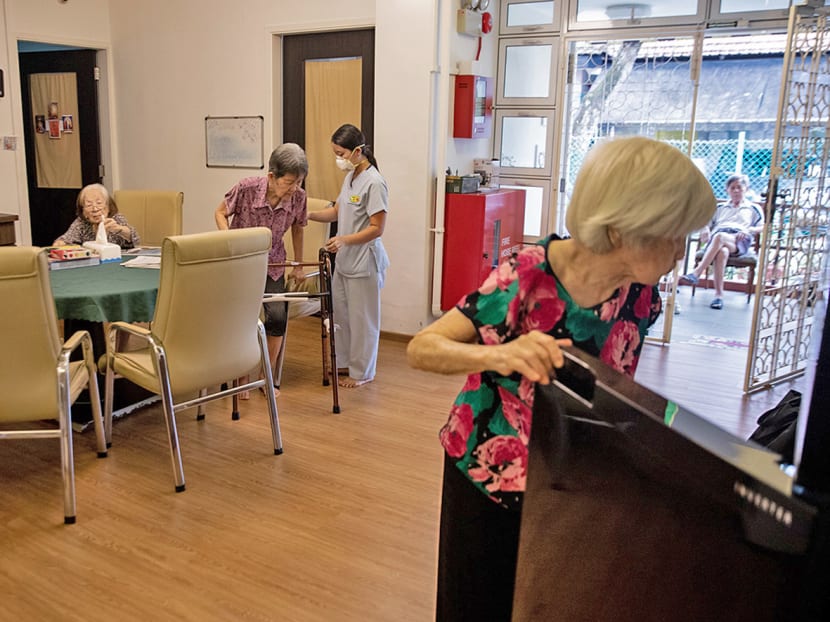
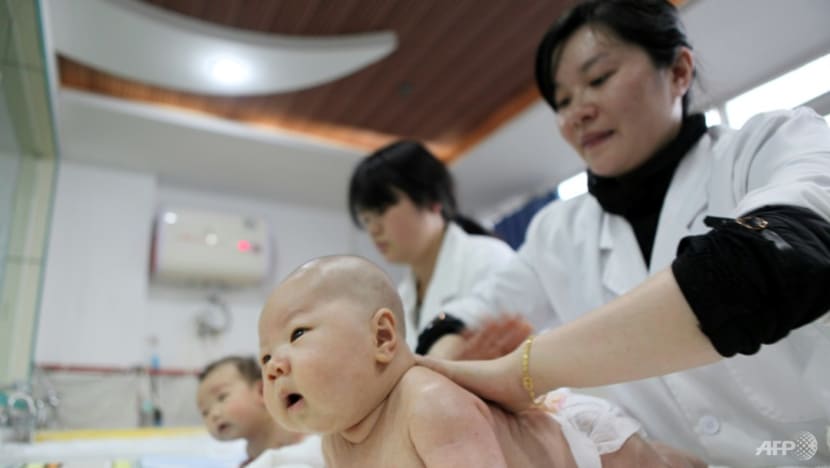
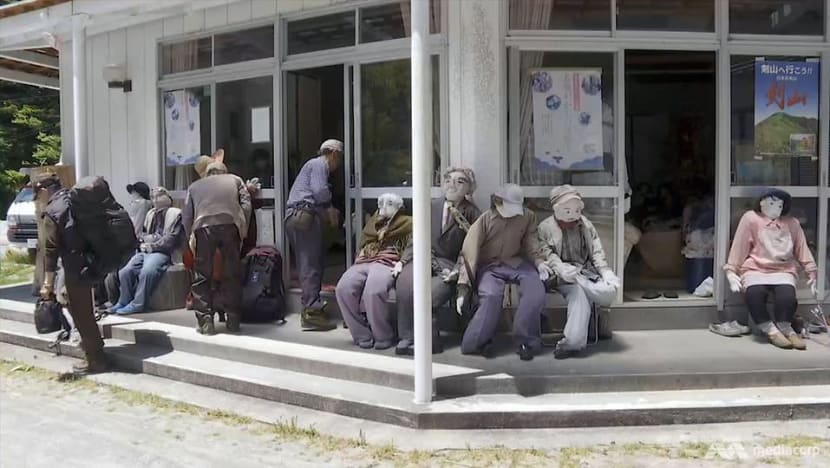
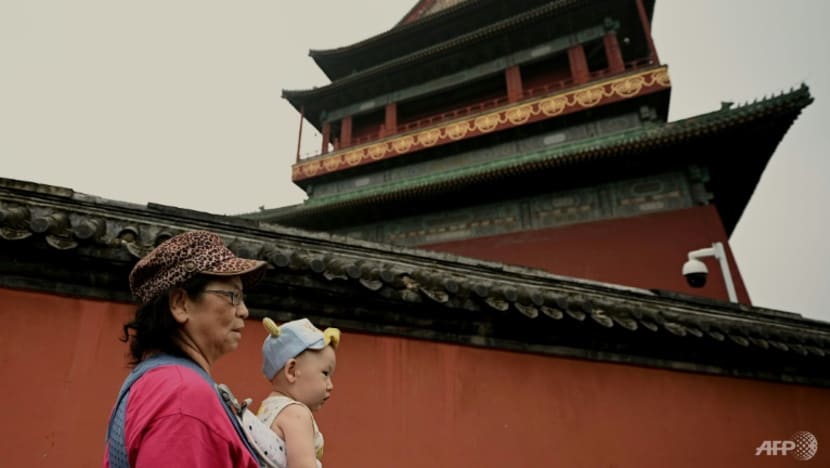


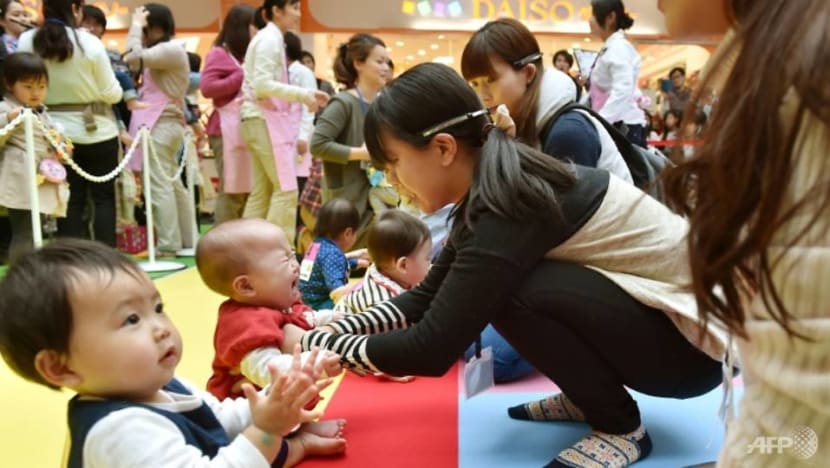 Rapidly-greying Japan has one of the world's lowest birth rates (Photo: AFP/KAZUHIRO NOGI)
Rapidly-greying Japan has one of the world's lowest birth rates (Photo: AFP/KAZUHIRO NOGI)